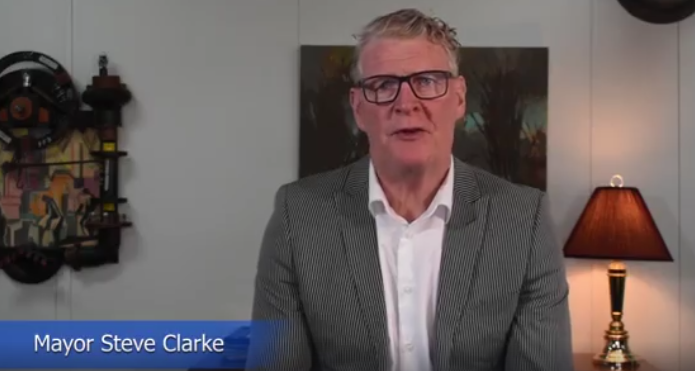Would a universal basic income help you bounce back after COVID-19?
During the County of Simcoe's committee of the whole meeting on Tuesday morning, councillors received a letter from the Simcoe Muskoka District Health Unit (SMDHU) and sent to the federal government throwing support behind evolving the Canada Emergency Response Benefit (CERB) into a basic income for all Canadians beyond the COVID-19 pandemic.
“We’re hoping everyone will support this initiative. I would encourage my fellow councillors to have a good look at it and if you feel you would like to present it to your council, we certainly would appreciate that,” said health unit chair and Penetanguishene Deputy Mayor Anita Dubeau.
The letter, signed by Dubeau, outlines how measures such as the CERB, the Canada Emergency Student Benefit (CESB) and the Canada Emergency Wage Subsidy (CEWS) have left many Canadians vulnerable to household food insecurity and the negative consequences of income insecurity and poverty.
Fallout mentioned in the letter include inadequate or unstable housing and poorer mental and physical health, including chronic diseases.
“A basic income would address these gaps, offering support to the most vulnerable Canadians,” wrote Dubeau.
The SMDHU has been a proponent of basic income since 2015.
“I’ve been a believer in having a thorough, basic-income-guarantee pilot for quite some time,” said Orillia Mayor Steve Clarke. “It deals with so many of the social economic indicators of health that we deal with at this very table such as income security, adequate housing, mental health, physical health and food insecurity.”
Clarke pointed to the basic income pilot project that was scrapped by the provincial government in July 2018. Nearly 4,000 people were enrolled in the program in Thunder Bay, Lindsay, Hamilton, Brantford and Brant County.
“The pilots, although limited, showed very favourable results versus other strategies such as increasing minimum wage, or affordable housing (stock),” he said. “Unfortunately, that program ended before it matured.”



